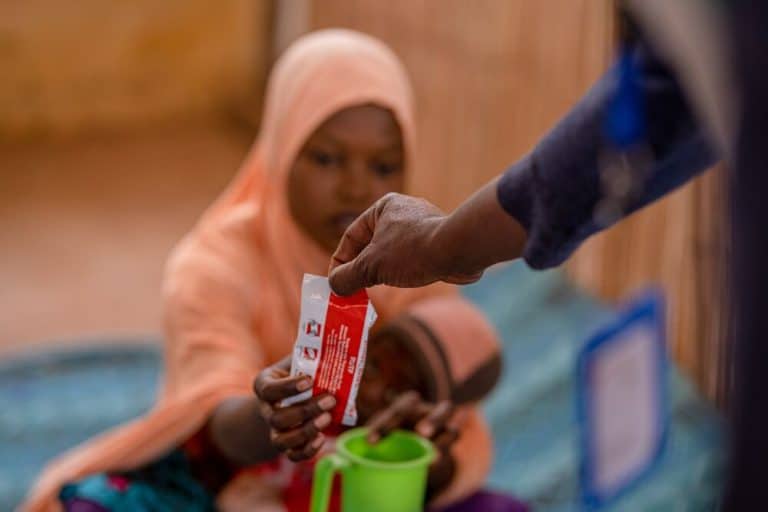
A Soda Tax to Fund the Global Fight Against Malnutrition
As acute malnutrition threatens millions of children every year, ALIMA, Médecins Sans Frontières, and Global Health Advocates are calling for

As acute malnutrition threatens millions of children every year, ALIMA, Médecins Sans Frontières, and Global Health Advocates are calling for
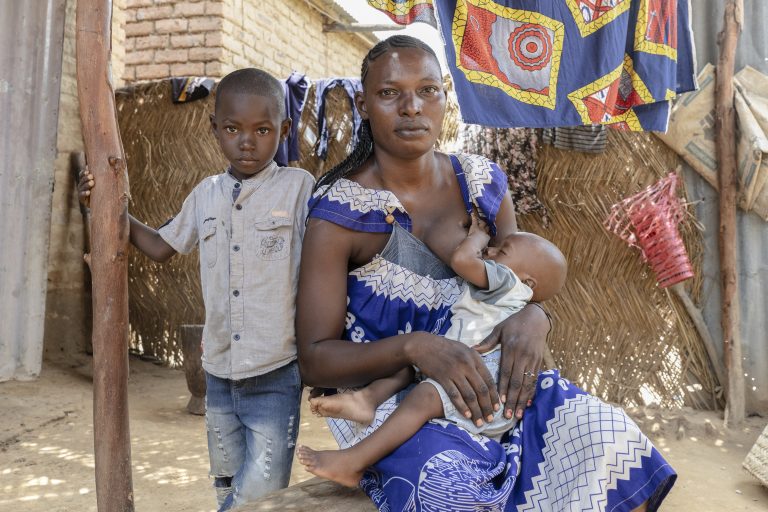
In the fight against malnutrition, households are the first line of defense. Empowering families to quickly detect the first signs
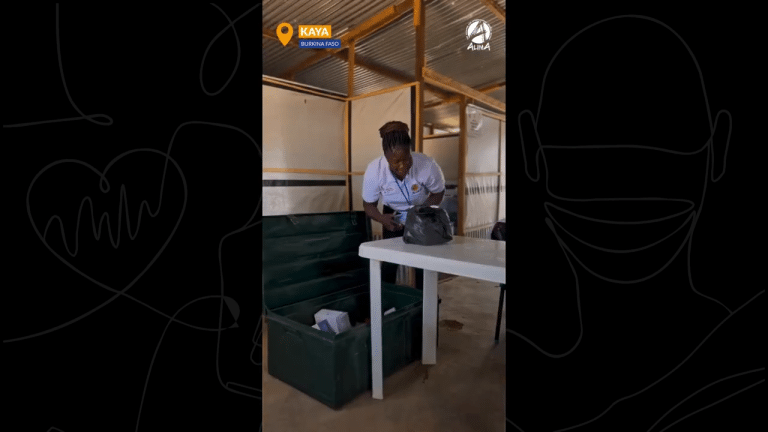
In Kaya, Burkina Faso, nearly 200,000 displaced people have fled insecurity. To help ease the burden on local health facilities,
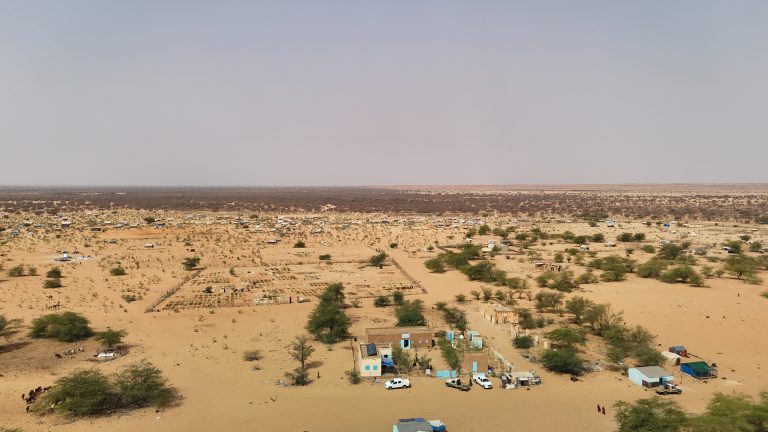
For over 13 years, the Mbera camp, located 60 km from the Malian border and over 1,000 km from Nouakchott,
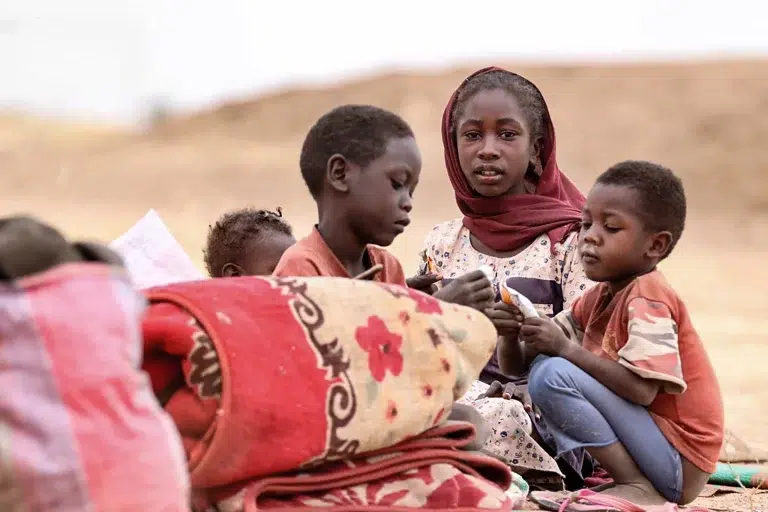
Nearly two-thirds of Sudan’s population is in urgent need of humanitarian aid, representing 30 million people, the highest number of
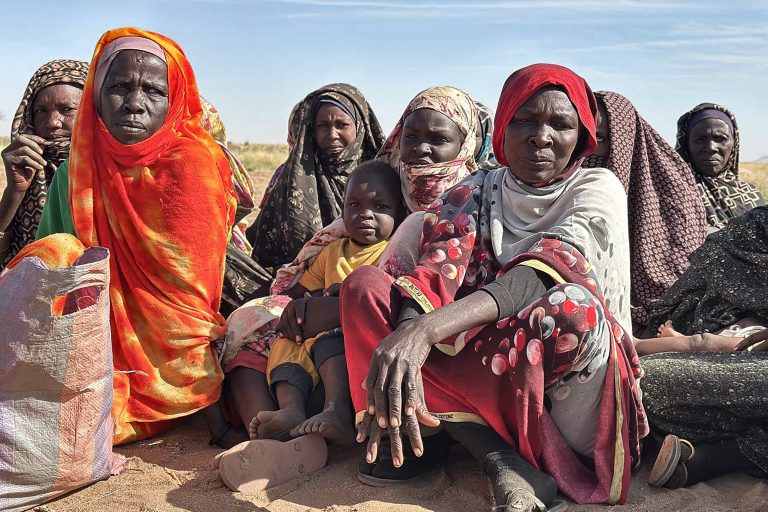
Amid a worsening crisis marked by violence, displacement and death, ALIMA continues its life-saving operations in North Darfur, one of

Every year, millions of children suffer from acute malnutrition — a public health emergency still heavily reliant on fragile humanitarian
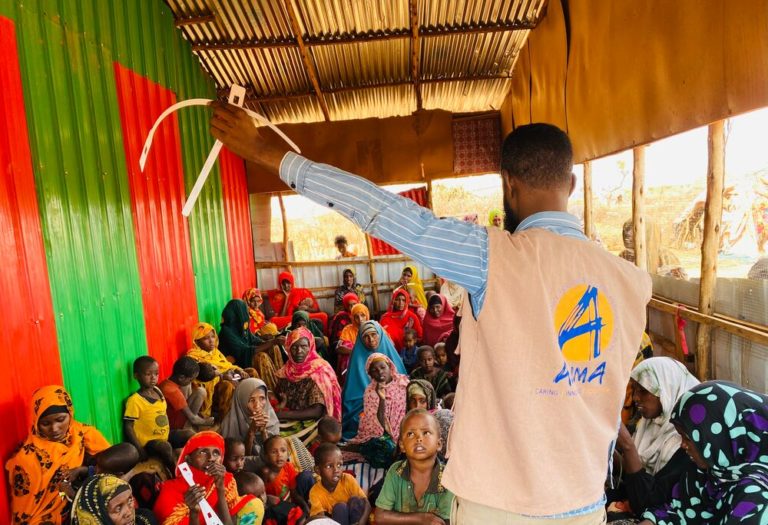
Due to the impacts of the climate crisis, 3.5 million people have been displaced in Ethiopia. One year ago, ALIMA
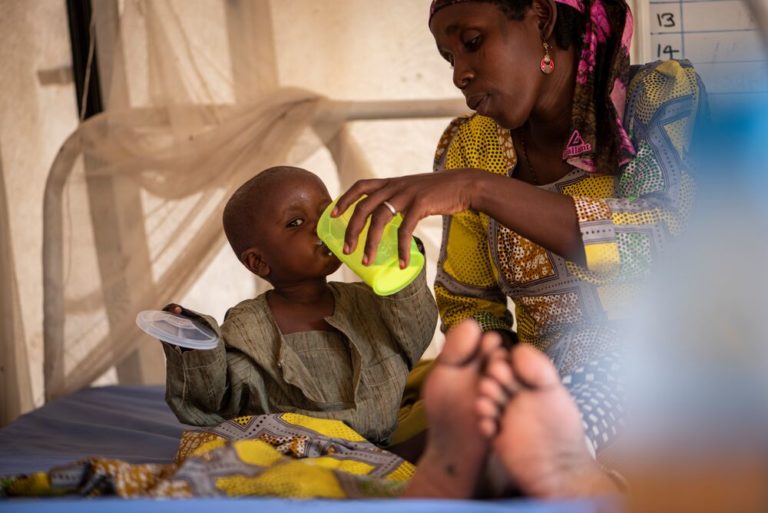
As malnutrition reaches exponential levels in Katsina, ALIMA continues its fight against this disease by implementing innovative methods to prevent
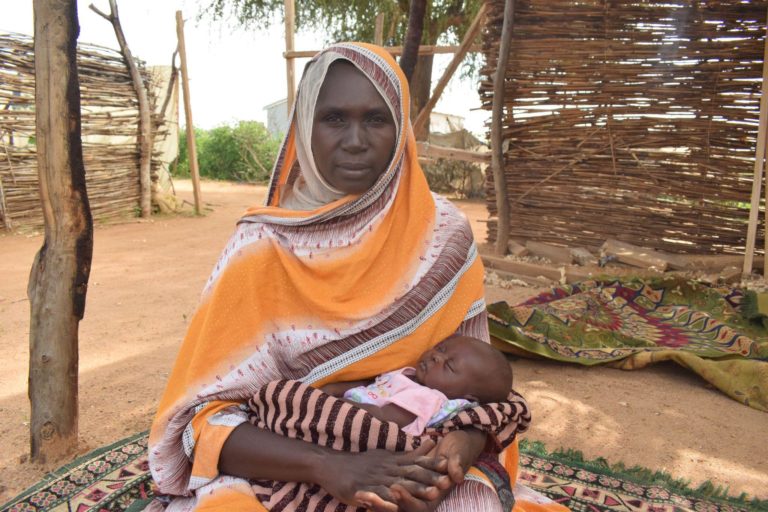
Since April 2023, the war in Sudan has forced thousands of families to flee to Chad. In the eastern part
We offer country-specific donation forms to give you access to local payment options and tax benefits.
Please wait while you are redirected to the right page...